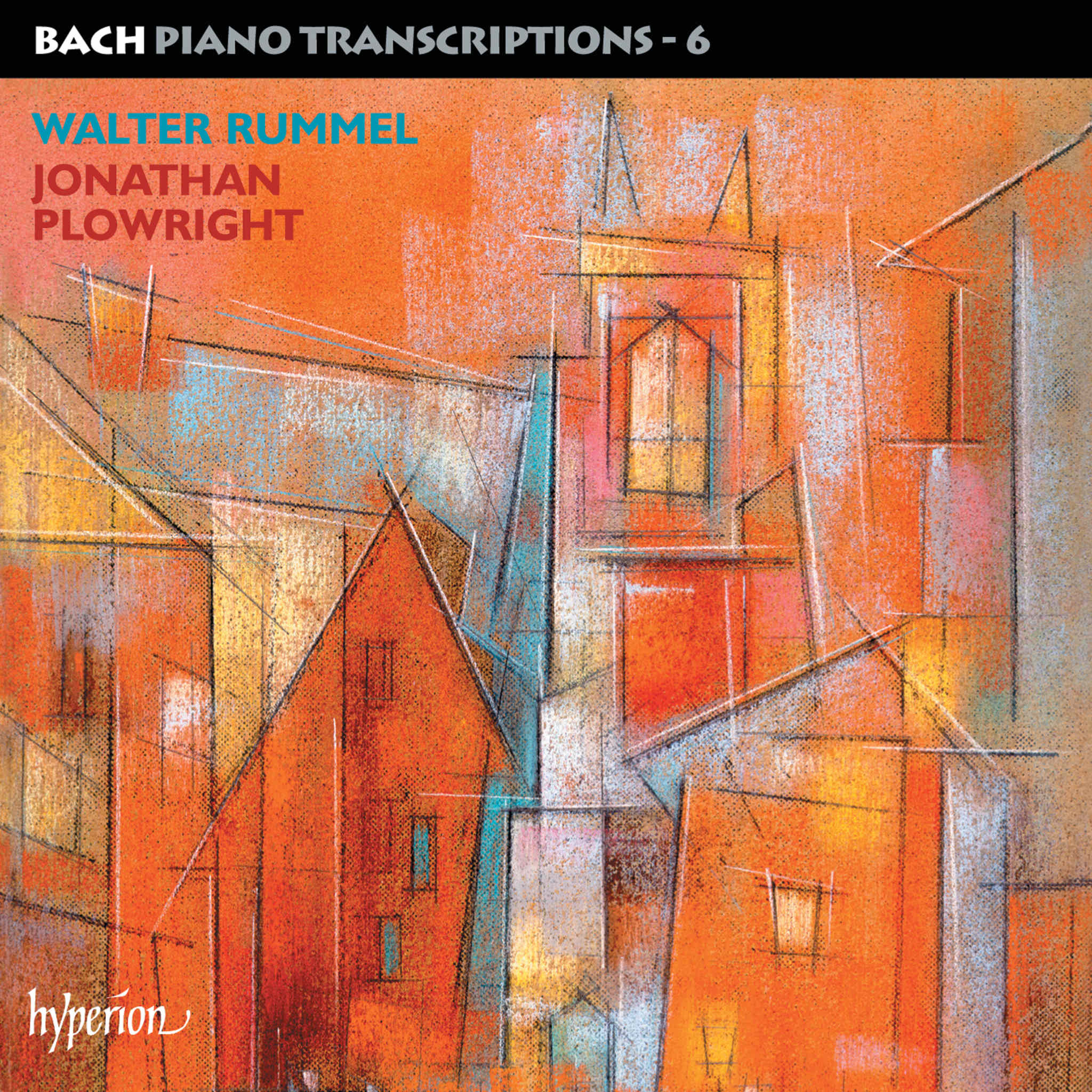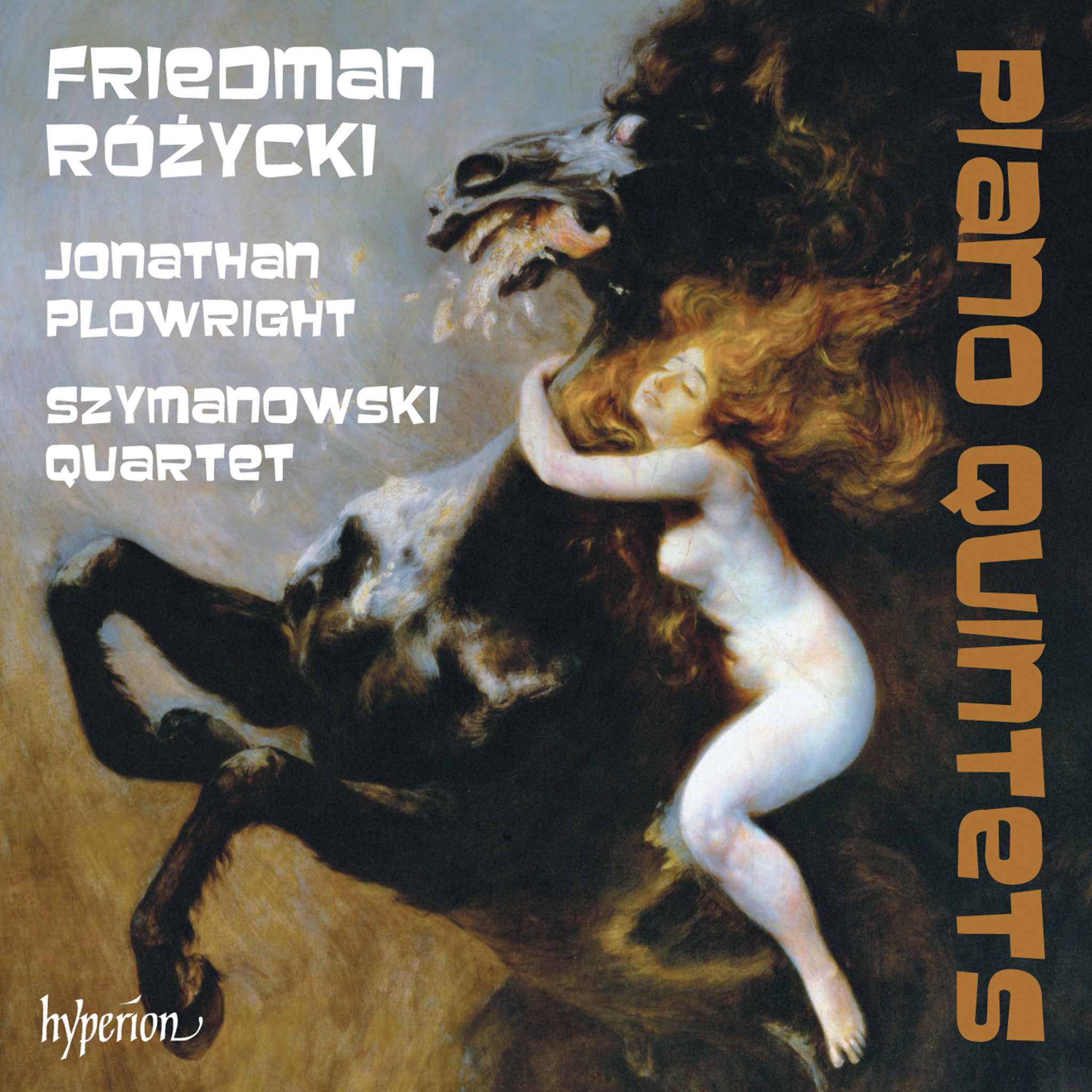Bach's chorales and arias can be compared to the rose windows in cathedrals, where the reflections of light constantly shift between radiant major and melancholy minor. These rose windows form the center of the cathedrals and touch the deepest human emotions, just as Bach's chorales and arias do. They embody the Romantic element in his extensive oeuvre and speak to us in a special way.
Walter Rummel embodied pure Romanticism: an independent spirit and individualist, always fascinated by bygone eras. His knowledge encompassed Greek philosophy and medieval poetry, while his intensive study of religion, particularly the texts of Thomas Aquinas, Saint Augustine, Bede, and others, testifies to his seriousness. Given his interests, it is no surprise that Rummel felt drawn to Bach and especially his vocal music.
Published in London between 1922 and 1938, Rummel's transcriptions were groundbreaking and among the first of their kind. Unlike his predecessors such as Liszt, Tausig, d'Albert, and others, who primarily transcribed Bach's organ or violin works, Rummel focused almost exclusively on Bach's vocal music in his 25 transcriptions.
Born in Berlin, Rummel came from a highly musical family with a rich tradition. His musical education and early experiences contributed significantly to the development of his musical talent. His international success began in the 1920s and continued for decades, during which he collaborated with renowned orchestras and conductors.
During his friendship with Debussy in Paris, Rummel presented various works and performed successfully throughout Europe and the United States. His pianistic and interpretive skills were compared to those of other greats such as Cortot and Horowitz, underscoring his significant influence in the music world.
Rummel's Bach transcriptions were considered masterful. His ability to adapt Bach's compositions for piano demonstrated both technical brilliance and musical sensitivity. These arrangements reflected Rummel's deep connection to music and his profound respect for Bach's works.
The unique interpretations and transcriptions of Bach's works have cemented Rummel's reputation as an outstanding pianist and musician whose contribution to the world of music remains unforgettable.











